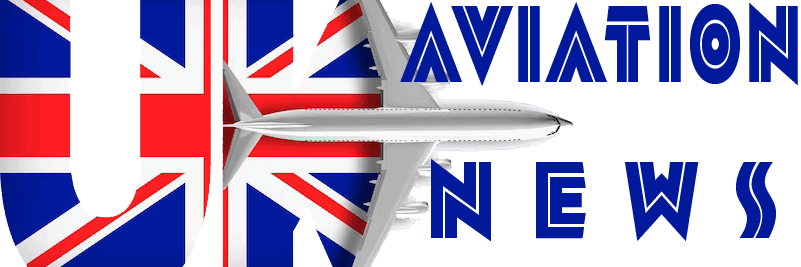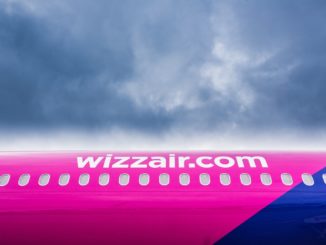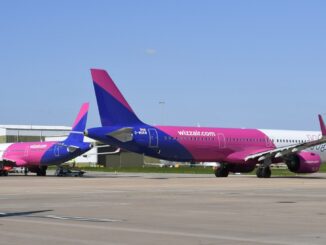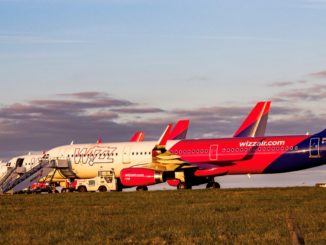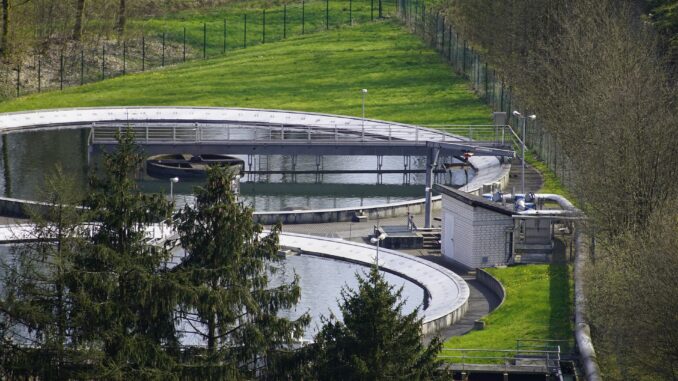
Low-cost carrier Wizz Air is working with British company Firefly Fuels to produce Sustainable Aviation Fuel (SAF) from human sewage in order to have 10% of its flights powered by SAF by 2030.
Firefly has developed a process which can convert the human waste into fuel and having signed Memorandum of Understandings (MoU) with companies including Haltermann Carless, Petrofac, Chevron Lummus Global (CLG) and Anglian Water.
In a joint press conference the airline said that Firefly will deliver 525,000 tonnes of SAF over 15 years to its UK operations from 2028.
Yvonne Moynihan, Corporate and ESG Officer at Wizz Air, said: “Being the leading airline in Europe for environmental sustainability on a per passenger basis, we hold SAF as a core component to our sustainability strategy. It’s a subject that we, as a business, are deeply passionate about. Our strategic vision is long-term, and we take pride in being at the forefront of reducing emissions intensity globally.
“Since 2023, Wizz Air has actively supported Firefly fuels through investment, and we are optimistic that this partnership will drive progress within the industry, bringing us closer to affordable and accessible SAF options for all. We are convinced that industry collaboration in the development of alternative fuels is a crucial step in addressing the climate crisis. Our unwavering dedication remains focused on reducing our carbon intensity by 25% by 2030.”
Wizz Air already leads the way in the airline industry with the lowest carbon emissions per passenger/km amongst its competitors and this venture with Firefly shows its commitment to reducing its CO2 intensity even further.
2023 saw Wizz Air achieved its record low annual average CO2 intensity result, just 51.5 grams per passenger/km.
Firefly uses a process called hydrothermal liquefaction (HTL) which uses high pressure and heat to turn sewage into crude oil and Biochar.
The crude oil produced is then refined into Sustainable Aviation Fuel.
